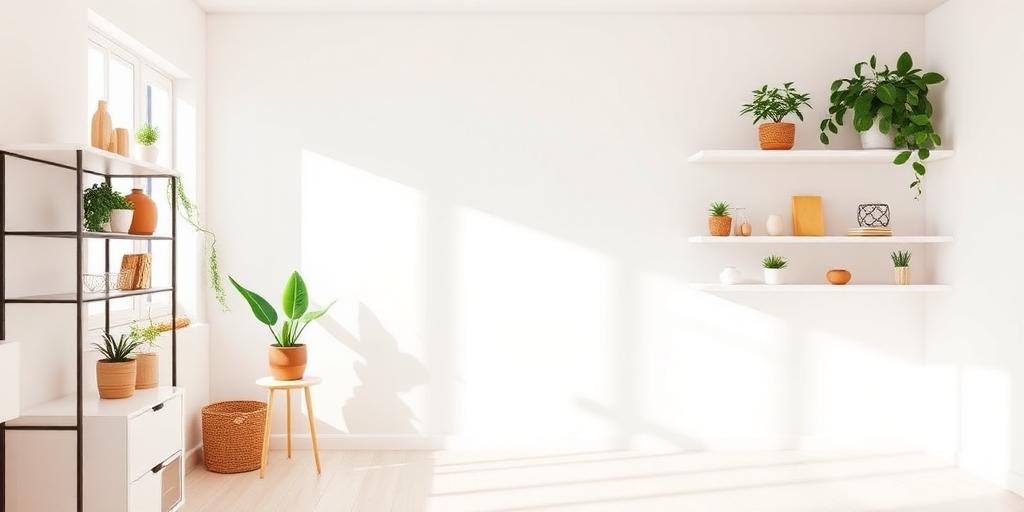The Rise of Decluttering and Organizing as a Lifestyle
In recent years, decluttering and organizing have transcended the realm of spring cleaning to become a significant lifestyle choice for many. This shift is fueled by a growing awareness of the positive impacts of a clutter-free environment on mental health, productivity, and overall well-being. Let's delve into the trend of decluttering and organizing, exploring its roots, benefits, and practical strategies for incorporating it into your daily life.
The Origins of the Trend
Several factors have contributed to the surge in popularity of decluttering and organizing:
- Minimalism: The minimalist movement, which advocates for living with less, has inspired many to re-evaluate their relationship with possessions.
- Marie Kondo's Influence: Marie Kondo's book, "The Life-Changing Magic of Tidying Up," introduced a unique approach to decluttering based on joy and mindfulness, captivating a wide audience.
- Digital Age Overload: In an era of constant information and consumption, many individuals feel overwhelmed by the sheer volume of digital and physical clutter in their lives.
Benefits of a Clutter-Free Lifestyle
Adopting decluttering and organizing as a lifestyle choice can yield numerous benefits:
- Reduced Stress and Anxiety: A clean and organized environment can promote a sense of calm and control, reducing stress and anxiety levels.
- Increased Productivity: When your surroundings are organized, it's easier to focus and be productive, as you spend less time searching for items and more time on tasks.
- Improved Mental Clarity: Decluttering can help clear mental clutter, allowing for greater focus, creativity, and decision-making.
- Enhanced Well-being: Living in a tidy and aesthetically pleasing space can boost your mood and overall sense of well-being.
Practical Strategies for Decluttering and Organizing
Here are some practical strategies for incorporating decluttering and organizing into your lifestyle:
- Start Small: Begin with a small, manageable area, such as a drawer or a shelf, to avoid feeling overwhelmed.
- Set Realistic Goals: Break down larger tasks into smaller, achievable goals to maintain motivation and momentum.
- The KonMari Method: Use the KonMari method by holding each item and asking yourself if it sparks joy. If not, thank it and let it go.
- One In, One Out Rule: For every new item you bring into your home, get rid of one similar item to prevent clutter from accumulating.
- Establish Routines: Create daily or weekly routines for tidying up and maintaining organization.
- Storage Solutions: Invest in storage solutions, such as shelves, bins, and containers, to maximize space and keep items organized.
- Digital Decluttering: Organize your digital files, unsubscribe from unwanted emails, and delete unnecessary apps to reduce digital clutter.
Maintaining a Clutter-Free Lifestyle
Maintaining a clutter-free lifestyle requires ongoing effort and commitment. Here are some tips to help you stay organized:
- Be Mindful of Purchases: Before buying something new, consider whether you truly need it and where it will be stored.
- Regular Purges: Schedule regular decluttering sessions to remove items you no longer use or need.
- Involve Others: If you live with others, involve them in the decluttering process and establish shared standards for organization.
Conclusion
The trend of decluttering and organizing as a lifestyle choice reflects a growing desire for simplicity, clarity, and well-being in an increasingly complex world. By adopting practical strategies and maintaining consistent habits, individuals can transform their homes and lives into clutter-free havens of peace and productivity.









